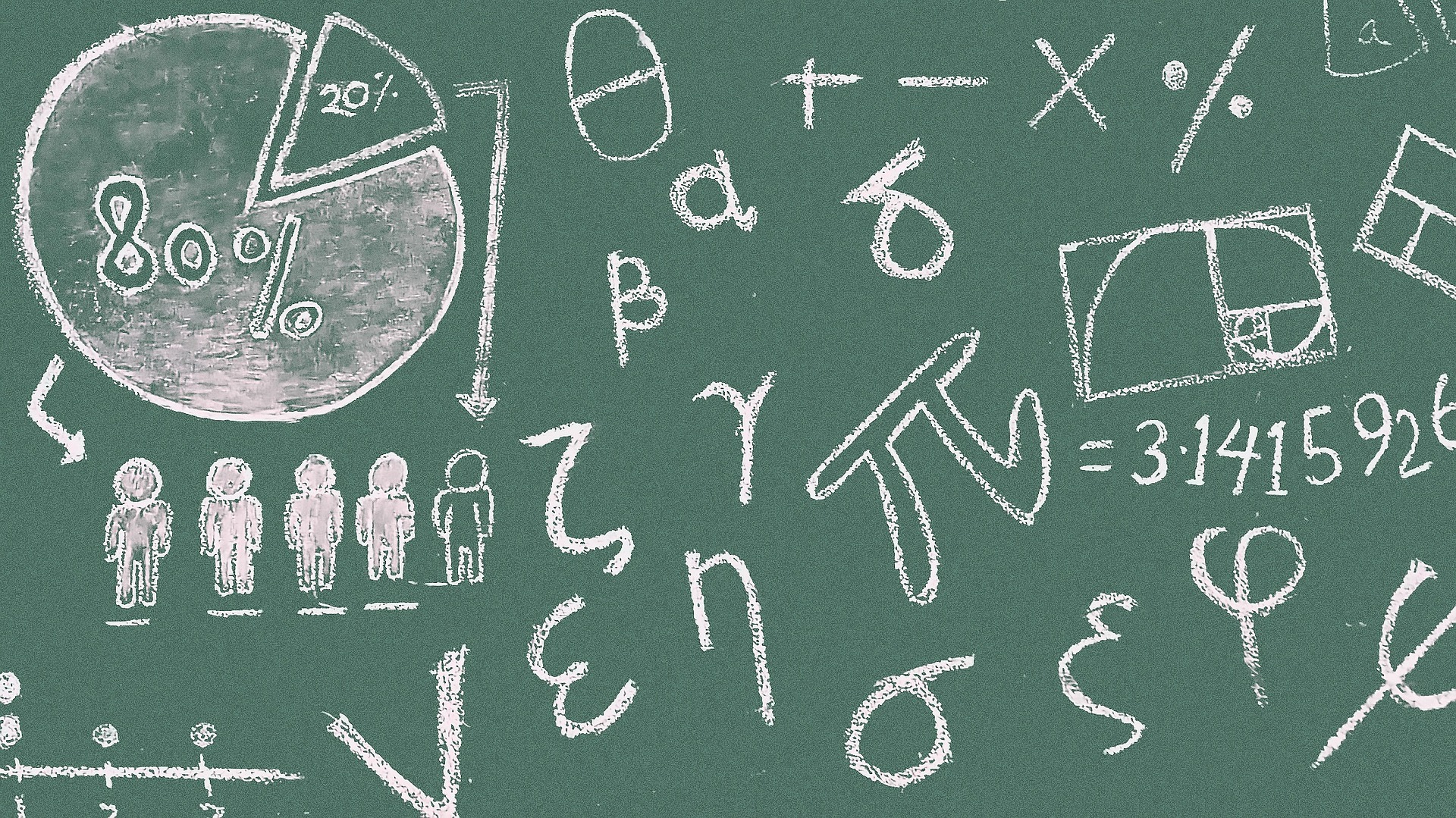42% of the students who attend post-secondary education in the U.S. attend community colleges. Proportionally, students attending community colleges experience math anxiety more commonly than students enrolled in four-year institutions. In response, Jamieson et al., (2020) conducted a study on how educators can adopt tailored teaching methods for this population. Their goal was to elucidate the relationship between math anxiety, stress appraisal (or the process of assessing how stressful an event is), changes in cortisol (the stress hormone), and testosterone levels, along with academic performance.
The study consisted of approximately 500 community college students from 30 math classes, across 10 semesters, on two campuses in the Midwest. Researchers collected data on students’ math anxiety, stress appraisal, and test scores. Math anxiety and stress appraisal were measured using self-reported scales. Additionally, in order to measure changes in cortisol and testosterone levels, researchers collected students’ baseline saliva samples during a normal math class without any assessments, and another set of saliva samples immediately before their first math exam for the course.
Results showed that on exam day, students with higher math anxiety demonstrated low perceptions of coping mechanisms and greater perception of demands; ultimately, it led to worse exam performance. In terms of biological responses, high levels of testosterone were correlated with higher exam grades, whereas high levels of cortisol predicted lower exam scores. However, it is important to note that gender differences were not the cause of academic performance. These findings indicated that stress appraisals can explain why students with high math anxiety and higher cortisol levels ended up with lower exam scores than students with low math anxiety and lower cortisol levels.
Jamieson et al. (2020) also highlighted stressful situations that students in the U.S. education system encounter. For example, the U.S. uses high-stakes testing, including SAT/ACT, GRE, MCAT, and LSAT. These types of tests are inherently stressful. Without proper coping mechanisms, students could develop high-stress appraisal, which would negatively affect their educational achievement, such as exam performance or course grades. In addition, chronic math anxiety can cause students to expect failure in future math settings, which could induce symptoms aligned with learned helplessness.
In order to combat these negative effects, Black et al. (2020) suggest several interventions that educators can adopt. They suggest expressive writing, in which students can express their thoughts and feelings about stressors through writing, as a means to help them reduce anxiety (Ramirez & Beilock, 2011). Secondly, they suggest stress reappraisal manipulations to help students shift their focus from the demands of the task to the resources they can access, which could attenuate math anxiety.
The theme of Jamieson et al. (2020)’s research coincides with the research that is being done at EPIC. Similar to Jamieson et al. (2020), we collect data on students’ experiences with failure and their academic performance. We look for similarities in students’ coping mechanisms, the definition of failure, and failure experiences across high-performing and low-performing students. In addition, through interviews, students often reveal their fears in the context of school, including math, and sometimes say that they are ‘not math people.
For more details on this study, retrieve the article at
https://psycnet.apa.org/record/2020-63761-001
Reference:
Jamieson, J. P., Black, A. E., Pelaia, L. E., & Reis, H. T. (2021). The impact of mathematics anxiety on stress appraisals, neuroendocrine responses, and academic performance in a community college sample. Journal of Educational Psychology, 113(6), 1164.

